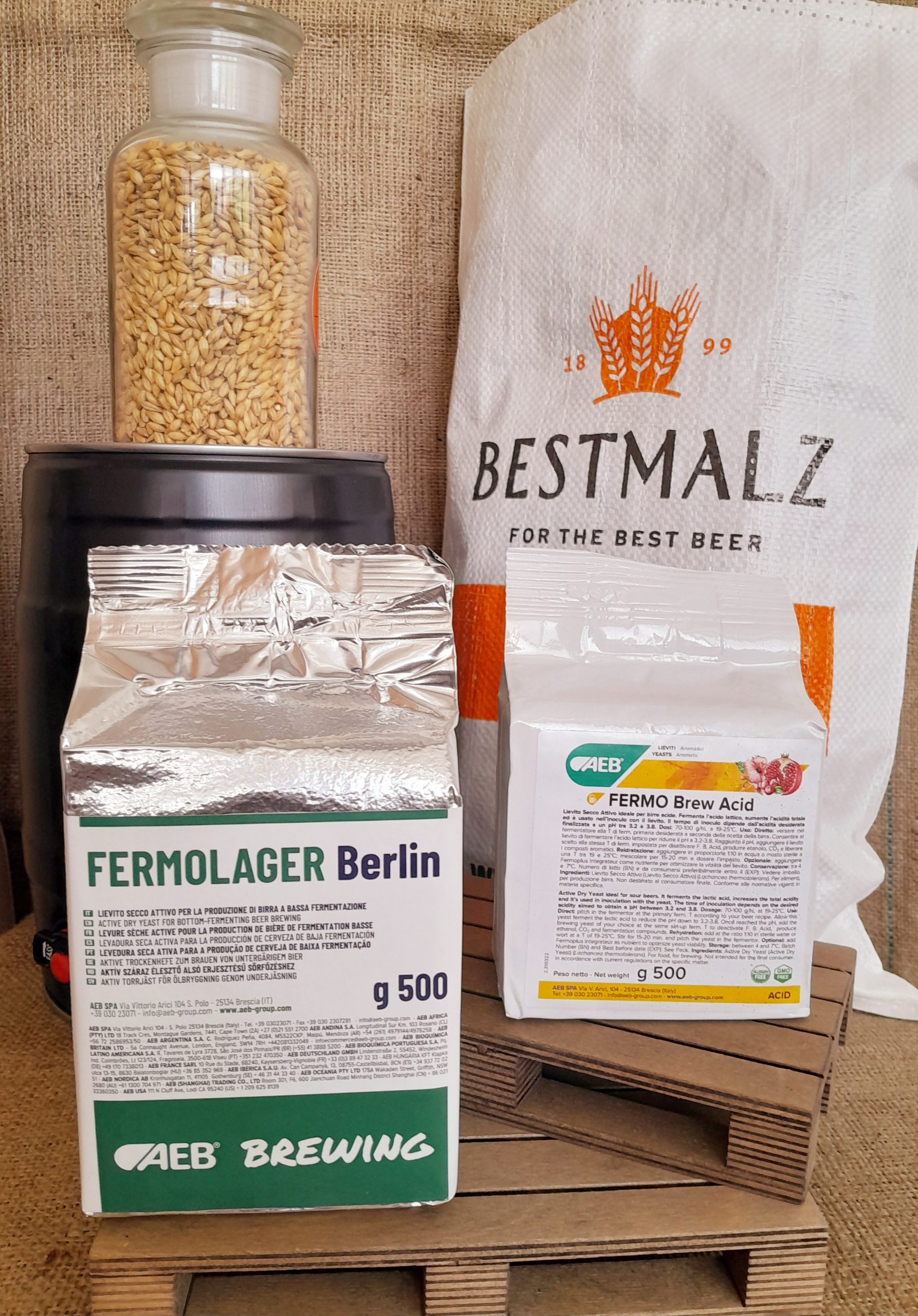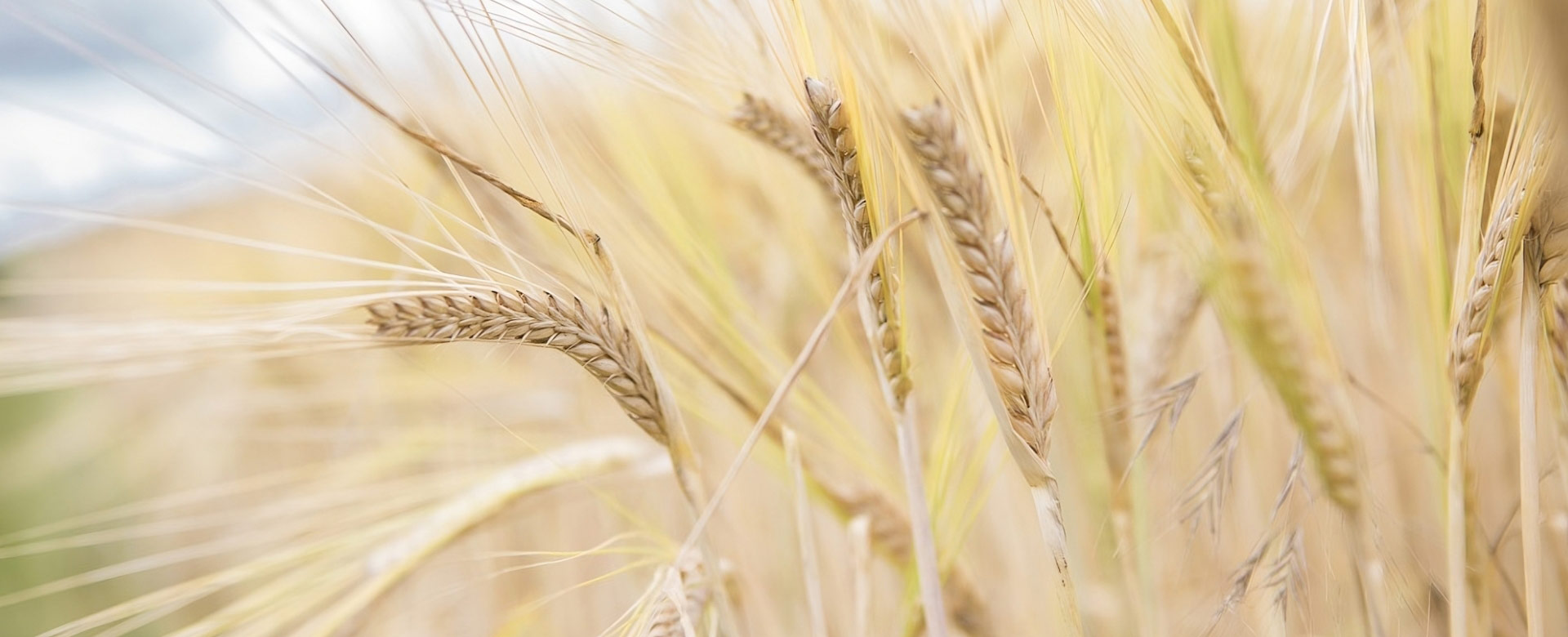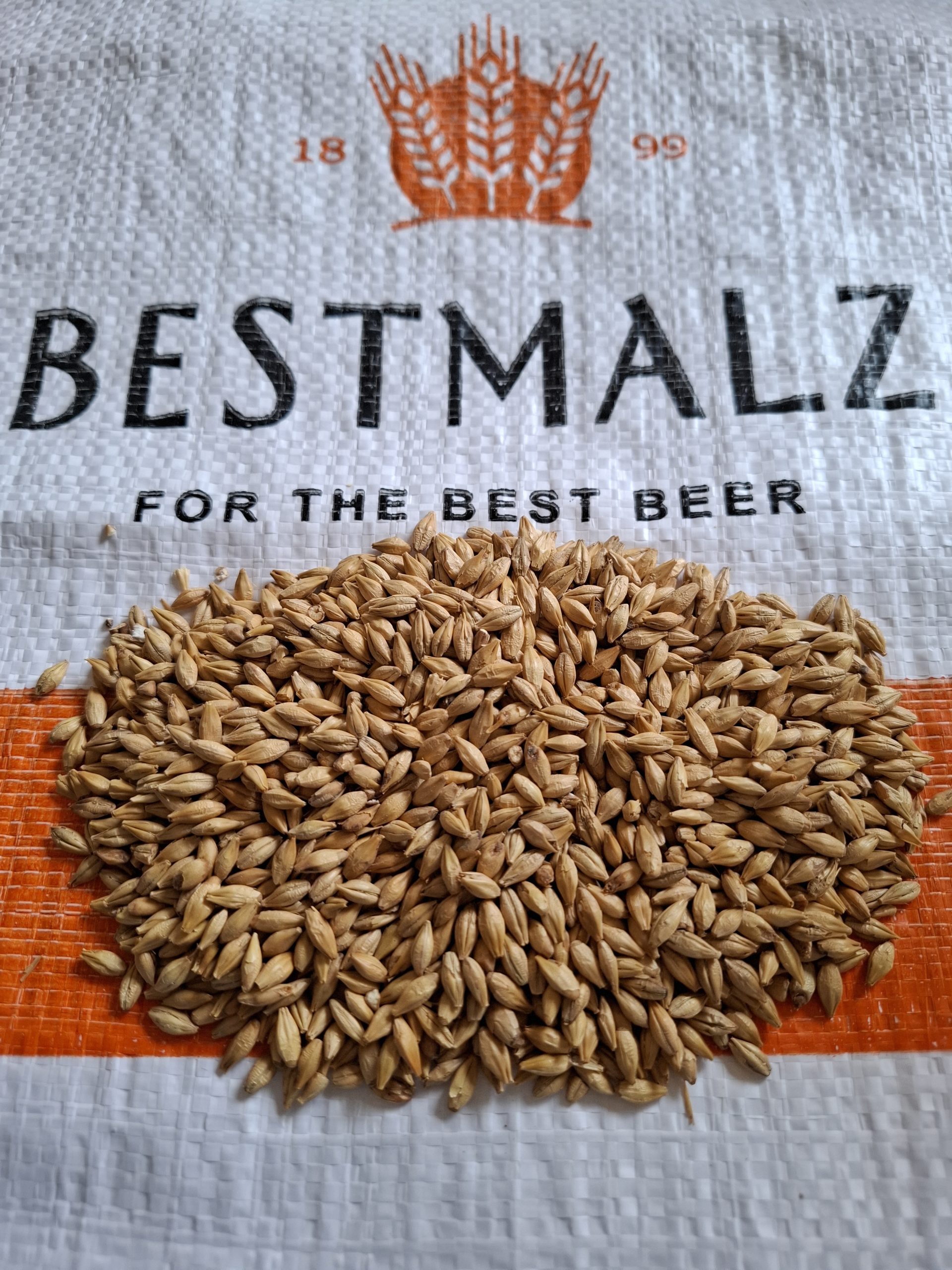Crop Report #3: German 2023 Spring Barley
Based on the first reliable barley acreage figures (IACS data) and crop estimates supplied by the malting barley associations of the German federal states, the Germany Malting Barley Association has now compiled an up-to-date report of the current state of malting barley cultivation in Germany. The reduction in the total area under cultivation turns out to be larger than the initial estimate of minus 4%. Indeed, the acreage may be only 323,142 ha, which is a 10.5% decrease compared to the previous year. The accelerating shift in the planting of spring barley from spring to fall was not enough to prevent a 25,000-ha year-over-year loss in acreage. Next to the conditions listed in the 2nd report, the main reasons for the reductions are, eas feared, the wet spring, which prevented many fields earmarked for spring barley from being tilled.
Climate change is now producing more extended periods of uniform and stable weather, compared to the past when weather phases were much shorter and alternated more frequently. This is having severe effects on the vegetation period of spring barley. While the seeds emerged well this spring in spite of generally cold and wet conditions, early growth was slow because of unsatisfactory tillering and waterlogged soils. For the same reasons, the planting period needed to be stretched out until the beginning of May. Spring barley growing conditions became optimal only in mid-May, because of a warm and dry spell for about two weeks. As the heat increased, however, with five weeks of strongly drying easterly winds and almost no significant rainfall, the crops began to suffer, especially in light soils. This is when early signs of stress and heat damage became already apparent. The long-awaited nationwide relief finally materialized around June 22, 2023, but it also brought with it heavy, crop-damaging regional storms, even thunderstorms and hail. However, the precipitation arrived just in time to prevent widespread damage, and most spring barley stocks entered an emergency ripening phase. For stands on weaker soils and for those that had shown early damage because of waterlogging, unfortunately, the rains came too late.
Overall, the great difference in sowing dates combined with extreme weather conditions had a measurable effect. To date, the stocks are relatively short and often thin. Yet, quality forecasts for the end of the harvest are still too early and will depend primarily on the available nutrient and water supply during the crucial grain filling phase of those ears that were able to get established in spite of adverse conditions.
The varieties planted this year are in accordance with the Berlin Program: Amidala, Lexy, Leandra, and Avalon. In addition, RGT Planet and several specialty varieties are being contract-farmed.
In the next few weeks, several of the regional malting barley associations will organize information events and field inspections in the key growing areas. The dates can be found on the Brewing Barley Association website at www.braugerstengemeinschaft.de. For registration, contact the organizers directly.








